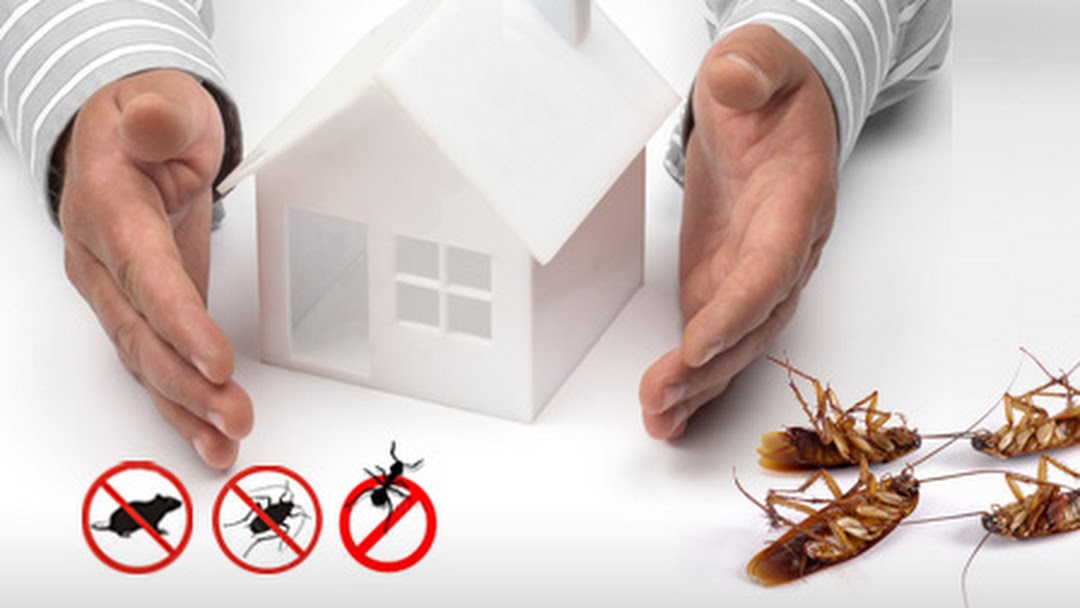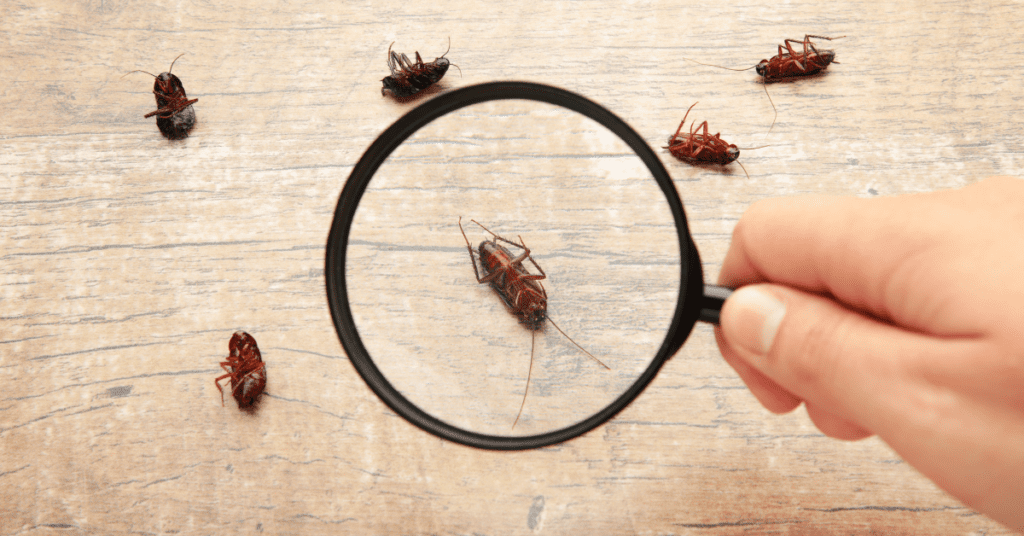Safe and Dependable Insect Control for Lasting Security
Effective pest monitoring requires a diverse approach that balances environmental honesty with the need for efficient parasite reductions. The nuances of these approaches might not be instantly clear, triggering a closer exam of the techniques that can lead to lasting insect control end results.
Comprehending Insect Control Techniques
Insect control incorporates a range of approaches intended at handling and removing unwanted bugs and rodents that can intimidate both health and wellness and home. Understanding these methods is important for effective parasite management.
The main categories of pest control approaches include mechanical, organic, and chemical methods. Mechanical approaches include physical barriers and traps to prevent parasite entrance and capture unwanted types. For example, making use of screens on windows or using sticky catches can substantially decrease parasite populations without presenting damaging substances.

Chemical bug control is typically one of the most identified approach, making use of pesticides to get rid of pests. These chemicals can be reliable however must be used with care to avoid unfavorable impacts on non-target types and the setting.
Advantages of Eco-Friendly Solutions
Exactly how can environmentally friendly solutions transform bug control techniques? The adoption of environment-friendly insect control techniques uses numerous advantages, considerably enhancing the performance and safety and security of pest management.

Another advantage is the positive impact on regional biodiversity. Environmentally friendly remedies are designed to target particular bugs while maintaining helpful insects and wild animals, promoting a balanced ecological community. This approach aligns with the expanding customer need for lasting practices, enhancing the track record of parasite control carriers.
Integrated Bug Administration Strategies
The application of environmentally friendly options naturally leads to the fostering of Integrated Bug Management (IPM) methods, which further enhance pest control effectiveness. IPM is an alternative approach that incorporates multiple methods to handle pest populations while lessening environmental impact. This method emphasizes using biological, social, mechanical, and chemical controls, making certain a sustainable and balanced technique of insect administration.
One fundamental element of IPM is the extensive analysis of bug activity and environmental conditions. By keeping an eye on bug populations and determining their life process, specialists can carry out targeted interventions that disrupt the parasite's habitat or lifecycle, minimizing dependence on chemical pesticides. In addition, social methods such as crop rotation and environment control can significantly lessen parasite establishment and reproduction.
One more crucial component is using organic control representatives, such as valuable pests or microbes, which can naturally reduce parasite populations. When chemical applications are essential, IPM prioritizes the usage of low-risk pesticides and uses them precisely, decreasing direct exposure to non-target microorganisms and people.
Incorporating IPM methods not just enhances parasite control performance but additionally promotes a much safer ecosystem, lining up with the expanding demand for lasting practices in bug management.
Safe Practices for House Owners
Recognizing the significance of safe techniques in insect control can equip home owners to successfully take care of pest problems while protecting their wellness and the environment. Executing preventive steps and safe methods is vital in minimizing exposure to damaging chemicals.
House owners need to initially assess their setting for problems that bring in bugs, such as standing water, mess, and food waste. Routinely cleansing and sealing entrance points can deter parasites from invading the home. Using natural deterrents, such as important oils or diatomaceous earth, can give efficient options to chemical pesticides.
When chemical treatments are needed, house owners ought to opt for products that are especially identified as safe for household use. It is important to follow application standards thoroughly to prevent too much exposure. Using targeted therapies in areas where pests are determined, rather than covering spraying, can considerably reduce chemical usage.
Last but not least, keeping open communication with pest control specialists is vital. House owners need to make inquiries about the safety of products utilized and request eco-friendly choices whenever feasible. By adopting these secure techniques, house owners can create a much healthier living setting while efficiently handling parasite problems.

Tips for Long-Term Protection
Developing a pest monitoring technique that highlights long-term websites protection can greatly boost the effectiveness of the safe practices formerly gone over. To accomplish this, property owners need to implement regular inspections of their residential property, focusing on hidden locations such as attics, basements, and crawl areas. Early detection of bug task is essential in protecting against problems from holding.
Furthermore, keeping a tidy environment is important. This includes proper food storage, promptly cleansing spills, and consistently taking care of trash. These methods lower attractants that attract pests you can find out more into the home. Sealing access points, such as splits around home windows and doors, can properly obstruct prospective insect gain access to.
Landscape design needs to additionally be thought about; maintaining plants trimmed and keeping a distance between plants and the home lessens concealing places for pests. Utilizing natural deterrents, such as necessary oils or diatomaceous planet, can additionally dissuade invasions without turning to severe chemicals.
Lastly, teaming up with a professional parasite control service for routine analyses can offer an additional layer of safety and security. These experts can offer tailored referrals and advanced therapies, making certain that your home stays protected against insects in the lengthy term.
Verdict
In conclusion, secure and trustworthy insect control needs a complex approach that stresses environmentally friendly methods and integrated bug management. By carrying out natural deterrents, carrying out routine inspections, and maintaining correct cleanliness, building proprietors can dramatically reduce find more info bug populations while protecting useful pests and the atmosphere. Partnership with specialist pest control services boosts the performance of these strategies, ensuring customized options that offer enduring protection and satisfaction versus future infestations.
Reliable bug monitoring calls for a complex approach that stabilizes environmental stability with the need for reliable parasite suppression. The adoption of environment-friendly parasite control techniques supplies various benefits, substantially boosting the effectiveness and safety of parasite management.The execution of environmentally friendly remedies normally leads to the fostering of Integrated Pest Monitoring (IPM) methods, which better enhance pest control effectiveness. exterminator coquitlam. By monitoring pest populations and identifying their life cycles, practitioners can execute targeted interventions that interfere with the bug's habitat or lifecycle, lowering dependence on chemical pesticides.In verdict, secure and reliable bug control needs a multifaceted technique that stresses environment-friendly approaches and incorporated parasite monitoring